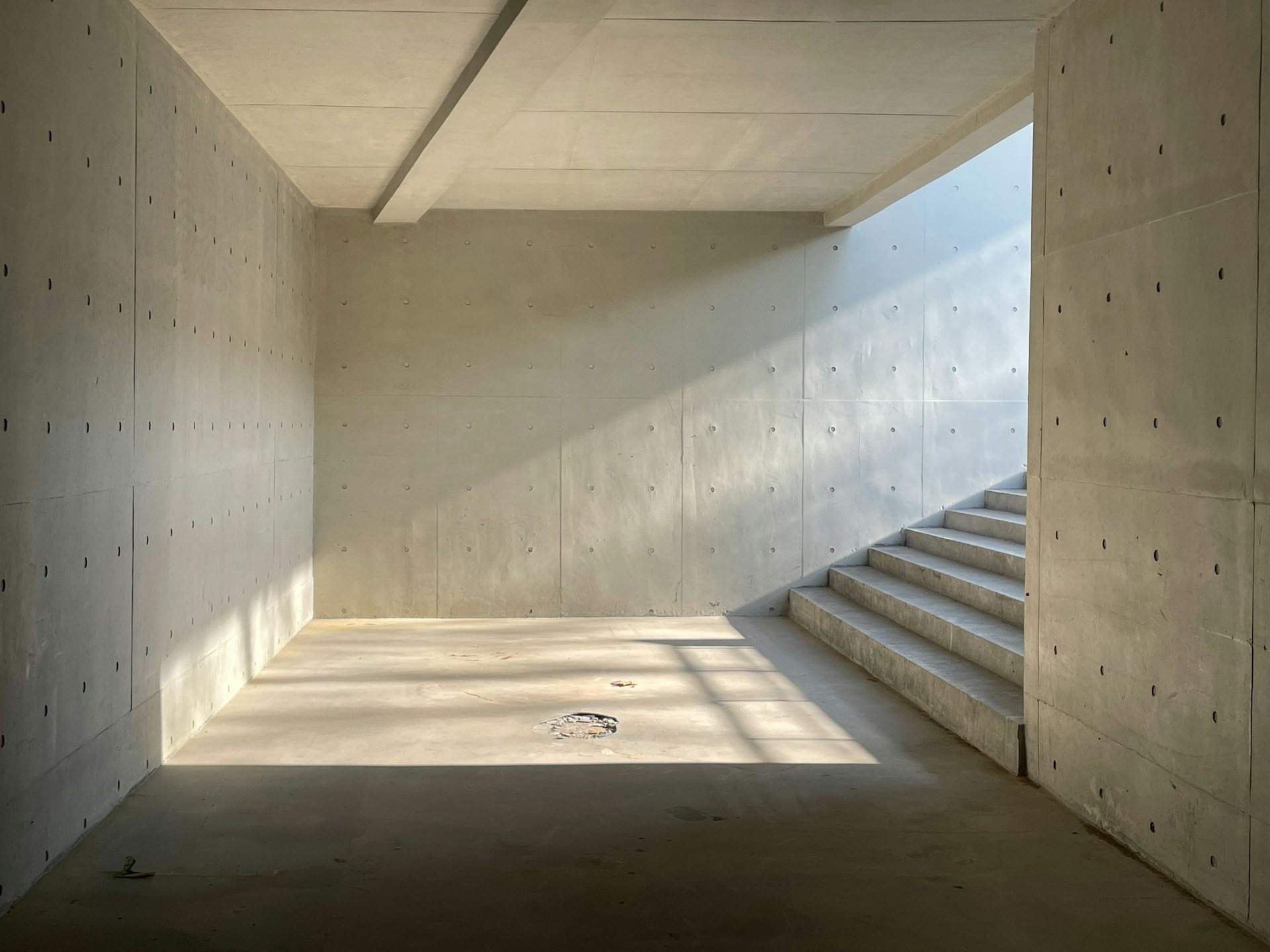Water seeping into your basement can lead to a host of problems, ranging from minor inconveniences to significant structural issues. Recognizing the early signs of basement water leaks is crucial in preventing long-term damage. Whether you’re a homeowner or a business, understanding these signs can help protect your property and maintain its value. From musty smells to visible stains, these warning signals shouldn’t be overlooked.
Exploring your own basement might not be on your list of fun activities, but it can save you a lot of trouble in the long run. By being proactive and staying alert to potential leaks, you can address issues before they escalate. Let’s take a closer look at signs of potential problems lurking beneath your home’s foundation.
Common Signs of Basement Water Leaks
Detecting basement water leaks starts with paying attention to both your senses and your surroundings. Here are some common signs to look out for:
– Musty odors and mold growth: A damp, musty smell is often the first sign of trouble. This odor can indicate the presence of mold, which thrives in moist environments. Mold not only affects air quality but can also lead to health problems and structural damage if left unchecked.
– Visible water stains on walls or floors: Discoloration or stains on the walls and floors of your basement often signal water intrusion. These stains can range from light yellow to brownish, indicating water has been present and has potentially seeped through cracks or leaks.
– Efflorescence: This white powdery residue on walls or floors may look like a nuisance but is more significant than it appears. Efflorescence occurs when water evaporates, leaving behind mineral deposits. It’s a clear indication of water seeping through walls.
– Peeling paint or wallpaper: If you notice paint peeling or wallpaper lifting, it might not just be a case of old materials. Moisture underneath these surfaces can cause them to peel away, hinting at a water leak.
– Damp or humid air: Pay attention to how the air feels. If your basement feels damp or overly humid, even without a visible leak, it’s important to investigate further.
Each of these signs could mean your basement is under attack by water, and addressing them promptly is key to preventing more severe damage. Keeping an eye out for these issues and taking action can help maintain both the health of your space and those who occupy it. Being able to catch the signs early can save you a lot of stress and possibly avoid bigger problems.
Impact Of Basement Water Leaks
A basement leak might seem like a small problem at first, but the damage can grow quickly. Water can soak into wooden beams, weaken support structures, and crack concrete. When the foundation starts to shift or sink, you run the risk of long-term problems that are difficult and expensive to fix. That’s why basement waterproofing should be taken seriously—because water damage rarely stays in the basement.
Another concern is what leaks do to indoor air quality. Wet areas attract mold and mildew, which can spread quickly. These spores float through the air and can cause breathing problems, especially in kids or older adults. Even if you can’t see large patches yet, the presence of moisture behind walls or under the floor is enough to support mold growth.
Humidity also makes your HVAC system work harder. When the air inside is damp, your cooling system must work double to maintain a comfortable temperature. That typically leads to higher utility bills. Running a dehumidifier might help in the short term, but it won’t solve the real issue happening within the foundation or drainage system. If you’ve got repeated moisture problems that don’t go away, that’s usually a sign it’s time to contact a basement waterproofing professional to take a closer look.
What To Do When You Find A Leak
If you’ve noticed one or more of the earlier warning signs, don’t panic. Some quick actions can make a big difference in controlling the damage until you can get it inspected.
1. Remove standing water: Mop or use a wet vacuum right away. Leaving water in place increases the risk of mold.
2. Run a dehumidifier: This pulls moisture from the air and helps dry the space faster.
3. Identify the source: Look for obvious entry points like cracks in the wall, faulty window wells, or clogged gutters.
4. Move belongings away from affected areas: Keep storage off the floor, especially anything in cardboard boxes.
5. Take pictures for reference: Document water stains and anything else that could help during an inspection.
While these steps help limit short-term damage, they’re not long-term fixes. A leaking basement is almost always tied to a deeper issue, whether that’s foundation settling, poor drainage around the home, or hydrostatic pressure. If water keeps finding its way back in, the only lasting solution is professional basement waterproofing.
Why Professional Basement Waterproofing Matters
Basement waterproofing goes beyond applying sealant or patching visible cracks. It means looking at how water behaves around your home and installing systems that keep it out for good. This might include drainage solutions, grading adjustments, exterior sealing, or foundation repair methods like hydraway or carbon fiber repair systems.
For commercial buildings, spotting leaks early is just as important. A wet basement can disrupt business operations, damage inventory, or create unsafe working conditions. Waterproofing for commercial properties often requires a different approach, with larger drainage networks and stronger materials to stand up to heavier loads or soil pressure. Whether it’s a multi-unit building or a warehouse, regular basement inspections should be on the upkeep list.
If you live or work in an area with clay-heavy soil, shifting foundations are more common and can lead to leaks no matter what building type you have. That’s especially true in areas like West Central Illinois, where soil conditions and seasonal rain often mix to create foundation problems.
Stay Ahead Of The Basement Water Issues
Checking your basement once a month can help catch signs of water intrusion early. You don’t need special tools—just walk around, look for wall stains, feel for dampness, and take note of smells. If you spot anything unusual, don’t wait. Quick action often prevents a small issue from turning into a large repair job.
Water doesn’t just go away on its own. And when it comes to basement leaks, out of sight shouldn’t mean out of mind. Whether you’re caring for a home or managing a commercial space, staying alert to moisture can save you from trouble later on. Regular inspections, good drainage outside, and proper waterproofing systems are how you protect your space from damage and stress down the line.
To stop water from taking over your basement and avoid costly repairs down the line, it’s smart to act early. Learn how King Waterproofing & Foundation Solutions can help you stay dry year-round with trusted solutions for basement waterproofing that protect both residential and commercial properties.


